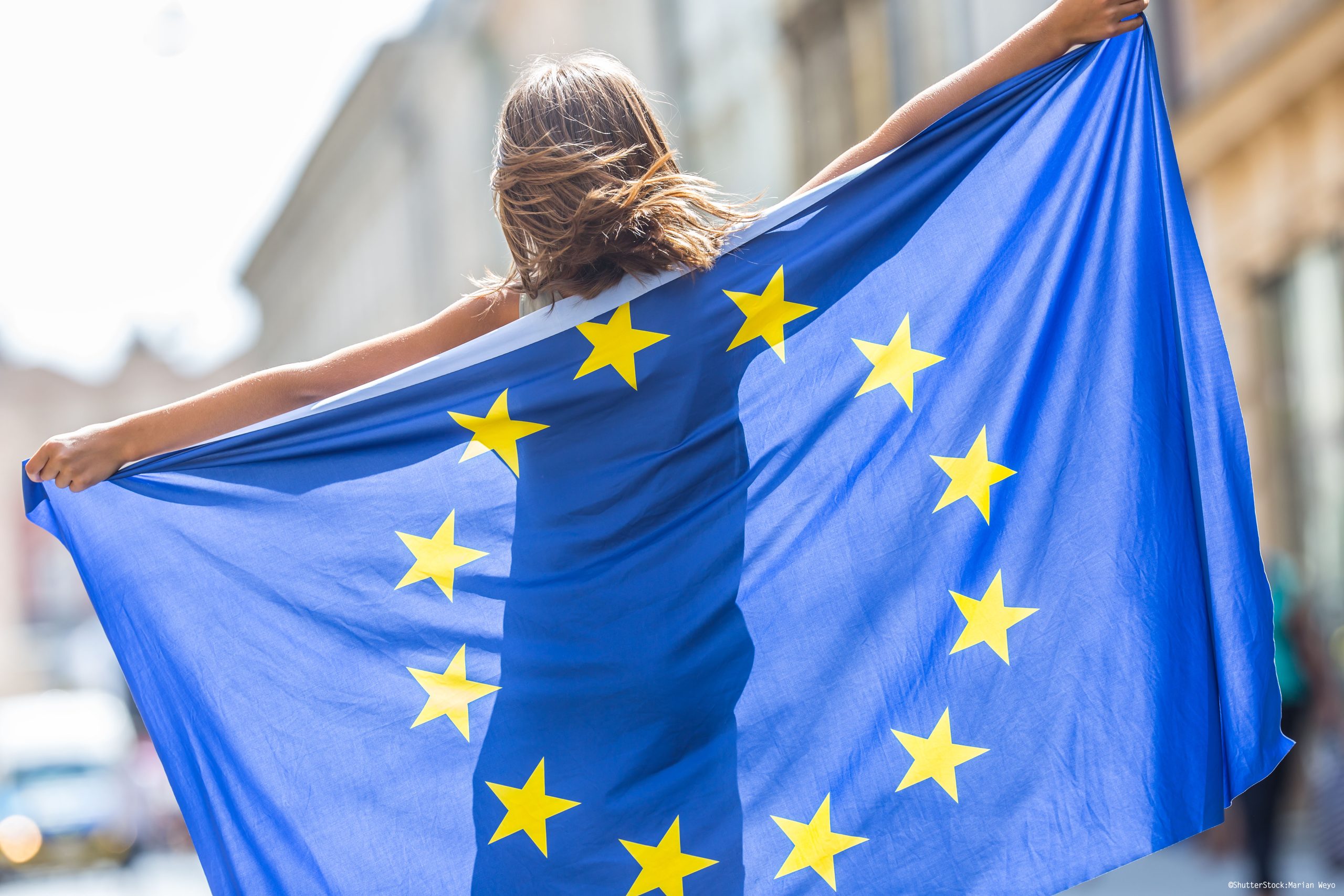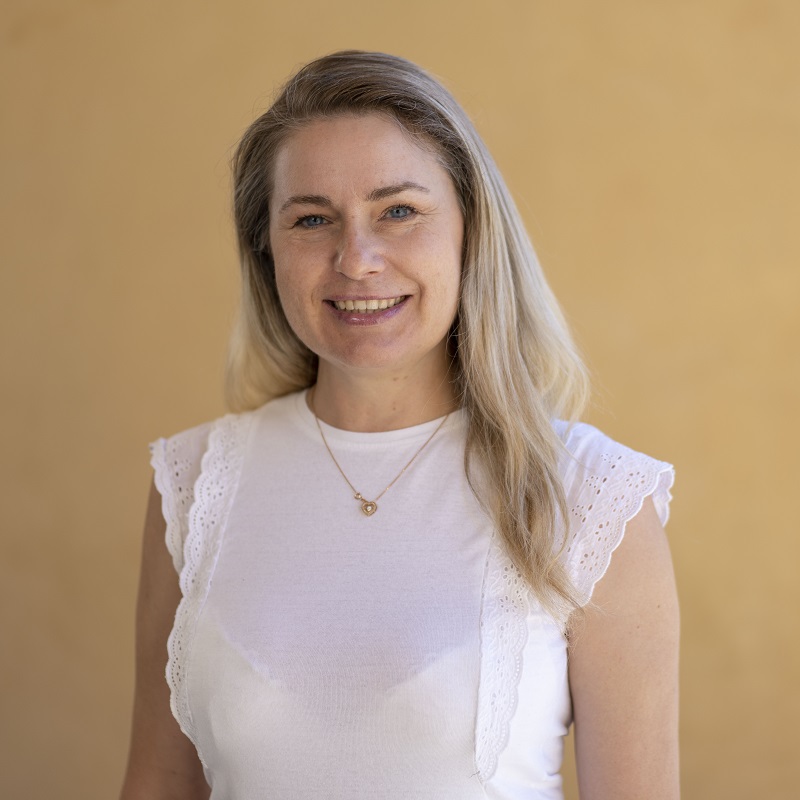
Read more
Blog, Linking research, debates, and policies
Can the EU achieve a more coherent policy on climate mobility? The nexus approach could help
The EU has been facing one challenge after the next. This age of polycrisis is marked by the complex web of environmental, socio-economic, and security issues. Climate change will not only exacerbate these multidimensional...
Putin expected to destabilize or even demolish the EU with the huge wave of migrants that followed the full-scale Russian invasion of Ukraine. Instead, the opposite happened: it greatly enhanced the sense of European identity. Following the Russian invasion there was an unprecedented increase of solidarity among Europeans and a remarkable doubling of the level of Europeanness among Ukrainian refugees.
What led to these soaring indicators and do they bear any threats?
Why Europeanness matters
The EU’s cultural policy is committed to fostering a shared European identity. It is one of three strategic priorities in the latest European Agenda for Culture. The concept of European identity as one that revolves around the values such as democracy, the rule of law, social justice, and respect for human rights.
Migration plays a considerable role in shaping this identity, providing a shared sense of belonging and attachment to EU values. Understanding these identity levels offers insights for both EU and national policies. For example, for decades prior to Brexit, Britons scored on top of the Eurobarometer as the EU citizens least willing to call themselves ‘European.’ In addition, understanding feelings of Europeanness may help in developing more sustainable policies for European integration in general as well as promoting more effective integration of immigrants into hosting European communities in particular.
Migration as a catalyst for solidarity among Europeans
While there is and will be ample discussion about the content of European identity, there are also a number of instruments for measuring it; the index of solidarity is one of them. It is argued that the relationship between identity and solidarity is powerful. Further, recent research found an unprecedented level of solidarity among Europeans after the influx of Ukrainian refugees in 2022. It has transformed and reshaped European identity as a reaction to the existential external threat of Russian dominance. This solidarity was apparent when some European governments began to explicitly categorize refugees as “ours” (Ukrainians) and “others” (Syrians).
Dynamics of Europeanness among displaced Ukrainians
To understand the level of Europeanness among Ukrainian refugees, I conducted research in July 2023 with more than 500 Ukrainians who arrived in Europe after 24 February 2022.
How European do Ukrainians feel?
The research found that 81 percent of surveyed Ukrainians who arrived to Europe after 24 February 2022, felt totally or partially European.
Figure 1. Percentage of surveyed Ukrainians who feel European
524 respondents’ answer to the question “How European do you feel?”
Why do Ukrainians feel so European?
This current high level of Europeanness has occurred gradually since Ukraine’s independence: in 2005, 36 percent of Ukrainians identified as European; 16 years later in 2021, the percentage had increased to 41percent; and then in just two years, in 2023, it increased to 51 percent. Currently, every second Ukrainian considers themself European.
In addition, Ukrainians’ association with European values such as respect for human rights, social justice, freedom, democracy also increased significantly from 2017.
Figure 2. Ukrainians’ association with European values
My research found that the most important European values for Ukrainian refugees are: respect to human rights (important to 83 percent of respondents), tolerance (52 percent), social justice (51 percent), and democracy (48 percent).
Statistically the most significant increase of Ukrainians who identify with European cultural traditions occurred in the Central (from six to 12 percent) and Eastern (from six to nine and a half percent) regions of Ukraine. Identifying with Soviet and Russian cultural traditions decreased in all regions. This may implicate the final break for Ukrainians from their post-Soviet past.
Conclusion: Advantages and Challenges
This increasingly high level of Europeanness among Ukrainians has a handful of implications for both the EU and Ukraine as a perspective member.
Advantages:
- These high levels of Europeanness help EU migration policy: the higher the level of Europeanness among migrants, the easier it is for their inclusion and integration.
- Further, they could also contribute to Ukraine’s development: if the majority of Ukrainian refugees eventually move back home after the war, they will help build a country with these values and identity.
Challenges:
At the same time these figures give rise to some concern:
- The longer the war lasts, the number of Ukrainians who want to return to home decreases while the number who want to remain in Europe increases. In just over a year from June 2022 to September 2023, the number of Ukrainians wanting to stay in Europe and not return back increased from seven to eighteen percent. This is an obvious demographic threat for Ukraine.
- Sentiments among Ukrainians about Ukraine’s “rather promising” future reduced by 10 percent between April 2022 and September 2023. If Europe stops providing aid to Ukraine in their fight against Russia or if Ukraine is not adopted into the EU, Ukrainians may feel disappointed in their high identification with Europe
Leveraging these advantages and addressing these threats with proper policies can contribute to the sustainability of Ukraine and the EU project itself.
About the author
Marina Keda is a Jean Monnet fellow at the Migration Policy Center. She conducts research on the migration dimension of the EU cultural politics, specifically how displaced Ukrainians participate in European cultural practices.
Marina Keda is the Head of the Center for European Studies at the Education and Scientific Institute of History and Social Studies of the National University “Chernihiv Colehium” (Ukraine), where she teaches courses on European history, culture and migration.
Her research interests include EU cultural and migration politics, concept of Europe, European history, and the history of the idea of European integration.




